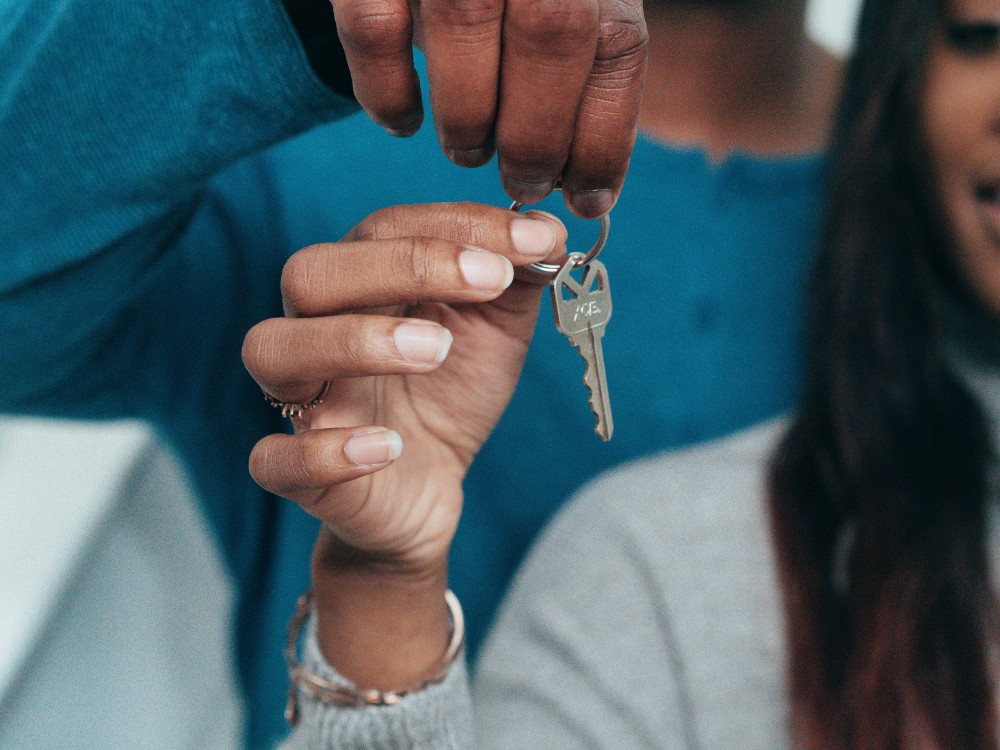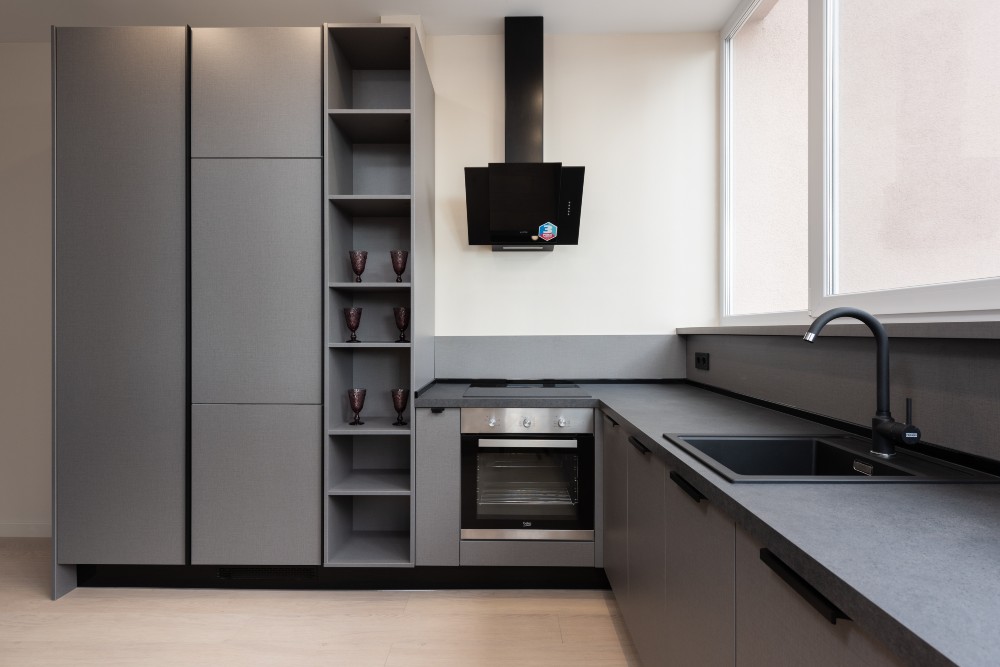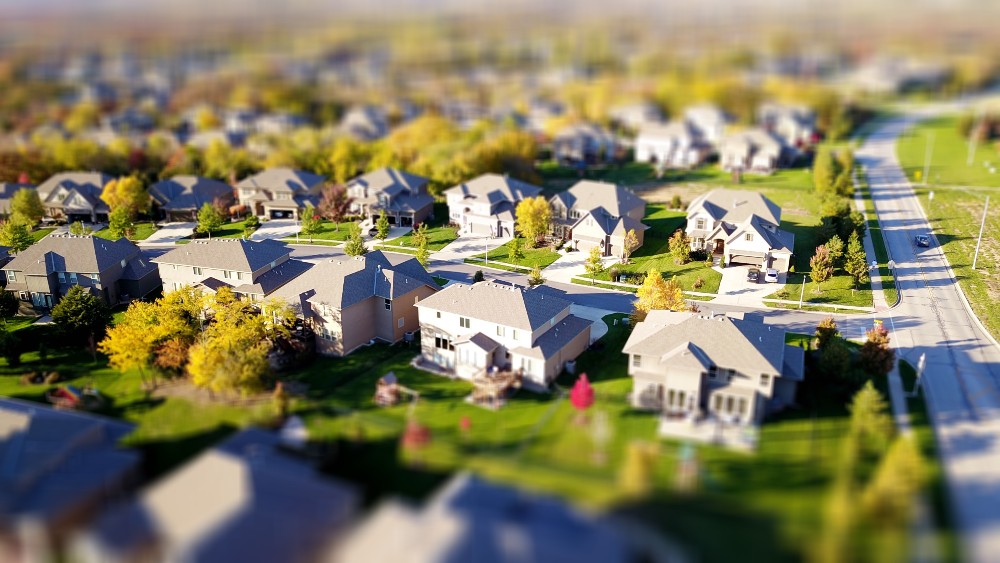A quick summary
If you’re looking to get your foot on the real estate investment ladder, a rental property can be a good place to start. While it’s a big investment, it can pay itself off over time with passive income, which can give you a good cash flow.
Table of Contents
A popular real estate investment strategy is to purchase properties and then rent them out. Investors are always looking for the same thing, to make a profit, however buying rental properties isn’t for everyone and some investors have made costly mistakes in this arena. The best way to have a successful real estate investment journey, is to know the ins and outs of any decision, before you make it.
Let’s take a look at the rental property strategy and how it works so that you can figure out the answer to the question… should I buy a rental property?
Are rental properties a good investment right now?
Real estate investing has made many people wealthy and buying a rental property can be a great investment for those who know what they’re doing. The choice to buy a rental property depends on your personal situation but we can take you through the benefits and drawbacks to help you make your decision.
Benefits of buying a rental property
- Rental properties generate returning income, a steady stream of funds into your account every month which helps with cash flow.
- In some states, people can get tax deductions (on things like mortgage interest, insurance and property maintenance) for owning rental properties and enjoy tax-free income from it.
- Real estate appreciates with time, so your investment will be gaining value over time, and you can charge more rent to tenants as time goes on.
- You run the show because you choose the type of the property, the type of tenants and how the investment is managed.
Potential drawbacks of buying a rental property
- Managing a property isn’t for everyone, so ask yourself if you’ve got the time and energy that will be required for this type of investment first. Some people only realize once they’ve already invested that owning a property is very time-consuming and a lot of effort is required. Thankfully, there are property management companies who do a lot of the leg work, but they’re an extra expense.
- The location of the property will play a huge role on the return on investment that you can earn. If you invest in an area that is declining in value, you could end up making a loss. Make sure to research the area where you plan to buy and make sure that you check out the property taxes and nearby amenities.
- Real estate investors who are newcomers often choose to buy fixer-uppers for rental properties, but this can be more costly than they realize without any experience in fixing and flipping.
- Some lenders can charge very high interest rates that make it difficult for investors to break even, so bear this in mind when you’re looking for funding.
- Being a landlord comes with risks and there are damages that can be expensive, so landlord’s insurance is a must, to mitigate some of these costs.

Where should I buy a rental property?
The location that you choose to buy the rental property in can make or break your investment, so it’s vital to choose with a long-term strategy in mind. Here are a few factors to consider when you’re choosing a property location…
- According to indexes that have been published by the National Association of Realtors (NAR), higher home prices are often associated with a higher demand for rental properties in an area.
- You can use the historical rent prices of a property to work out how much the rent could increase in the future.
- You should consider the local economy strength, which is indicated by unemployment, population growth and job growth in the area. A stronger economy might be a more stable place to buy a rental property.
- The cap rate is a good indication of the kind of return you’ll get on your investment in each area. This varies from location to location, so it’s crucial to research this.
- Work out how much properties in the area are appreciating in value, this will help you determine if your rental property will appreciate quickly or slowly.
- Pay attention to rent indexes for your location, they will show you how quickly rent is increasing, in comparison to inflation. They will also give an indication of the supply and demand of rental housing in the area.
How to buy rental property
1. Figure out your finances
First things first, your finances are the foundation of the deal, so you should figure out whether you’ll be buying cash, or if you need a mortgage or rental loan. If you decide to take mortgage, you could be eligible for interest deductions on a rental property.
You’ll need a bigger down payment than you would for a primary residence so make sure that you’ve saved up a chunk of cash for this. Depending on the type of loan that you get, you’ll need a down payment of anywhere between 15% and 25%.
Once you’ve decided on a lender, get your pre-approval of proof of funds letter. This shows any seller that you’re a serious buyer, and that your offer is backed with funds.
2. Choose the right location
A sought-after area is your best bet when choosing a place to buy your rental property. Check out the nearby amenities, public transport, crime rates and school districts, along with all the considerations we’ve mentioned above, before you decide where you’ll begin looking.
Make sure you look at the neigborhood’s rental market, the average price of rent in the area, how many vacancies are on the market and so on. Lower vacancy rates combined with higher average rent prices make for a better deal for investors. This means that your property needs to be competitive against others, but also a high enough price to make a profit from.

3. Decide on the property type
Will you be buying a fixer-upper or a property that is ready to rent? Often, new investors will buy a fixer-upper to rent but this can backfire if there are major repairs that need to be done. Seasoned investors can look into this strategy, but newcomers should stick to a home that they can rent out as-is. Until they’ve built up a network of good contractors and a team that can get a renovation done at a rate that will allow the investor to make a profit still.
4. Understand your ROI
Working out your return on investment (ROI) to figure out how much profit you could make from the deal. You’ll need to be able to estimate the annual rental income, operating expenses, cash flow and include your down payment. Rental calculators are a handy way to work this out.
5. Pick your property management team
If you don’t feel like you’re cut out to be a landlord or you don’t have time, once you’ve found a property you can decide on how the property will be managed. This is the time to hire a property management company or individual to take some of the responsibility off your hands. However, this is an extra cost so factor that into your calculations when you’re working out your ROI.
The last point on property management is that you can potentially use software instead of a company if you need a low cost solution to this problem. You can view our detailed guide on the best property management software platforms here.
6. Know the legal stuff
As a rental owner, you need to know the tenant and landlord laws in your state so that you are aware of what you can and can’t do. Rules around tenant rights, security deposits, lease requirements, eviction rules and so on, are vital to know before you forge ahead so that you don’t land yourself in hot water.
What is a good rate of return on rental property?
Your ROI for rental properties is calculated as the annual returns, divided by the cost of the investment and multiplied by 100. For example, if you bought a house $200,000 paid another $10,000 in costs and your tenants pay a monthly rental of $1000, your ROI would be 5.7% over 1 year.
Now, what is a good ROI? This varies according to each investor, but the experts agree that anything above 15% is usually a good ROI for a rental property. Your method of financing (cash, mortgage or rental loan) will also impact your ROI, so you’ll need to factor this in. For example, cash investments tend to be considered a good investment at 4% to 10% cap rate, whereas mortgage-financed investments can be considered a good investment with over 10-12%.

Should I buy a rental property or invest in stocks?
While the stock market is one of the more traditional places to invest your dollars, real estate can be a good alternative. The decision depends on your individual circumstances, preferences, goals and risk tolerance. If you’re trying to decide where to invest, we’ve got a few pointers to help you make this decision.
Returns: Investing in the stock market can be unpredictable, and your returns can be lower than expected. However, both real estate and the stock market are impacted by big economic events such as recessions. It’s difficult to compare returns, because the factors that influence each strategy are different, however some investors prefer to invest in something tangible and make more stable returns in real estate.
Risk: The risks associated with real estate centre around research, because investors often don’t do enough homework and can make costly mistakes. Fixing and flipping, buying property to rent and other real estate investment strategies shouldn’t be entered into without lots of research on how to make the highest returns on your investment. When it comes to the stock market, there are market risks, economic risks and inflation risks. The markets can fluctuate from a number of factors and this will in turn impact your investment.
Pros and cons
Real estate offers investors the chance to gain leverage on their capital and get tax benefits. Real estate offers passive income and the potential for appreciation on your asset’s value. The drawback to real estate is that it isn’t as liquid as the stock market, so your capital is tied up in the property and you can only get it once the property has sold.
The stock market is easy to get into with a lower amount of capital, and is liquid, so investors can get their money out easily in an emergency. However, stocks are more volatile and selling your stocks can result in capital gains tax, so this can be a riskier option.
Closing thoughts
Buying a rental property isn’t for everyone, however those who get it right can enjoy a long-term stream of passive income with an appreciating asset. If you think buying a rental property could be for you, make sure you do your homework first on all the pros and cons, along with the legalities involved, so that you make more informed decisions. If it’s your first, you may want to consider getting a property management company to help for a while and show you the ropes.



